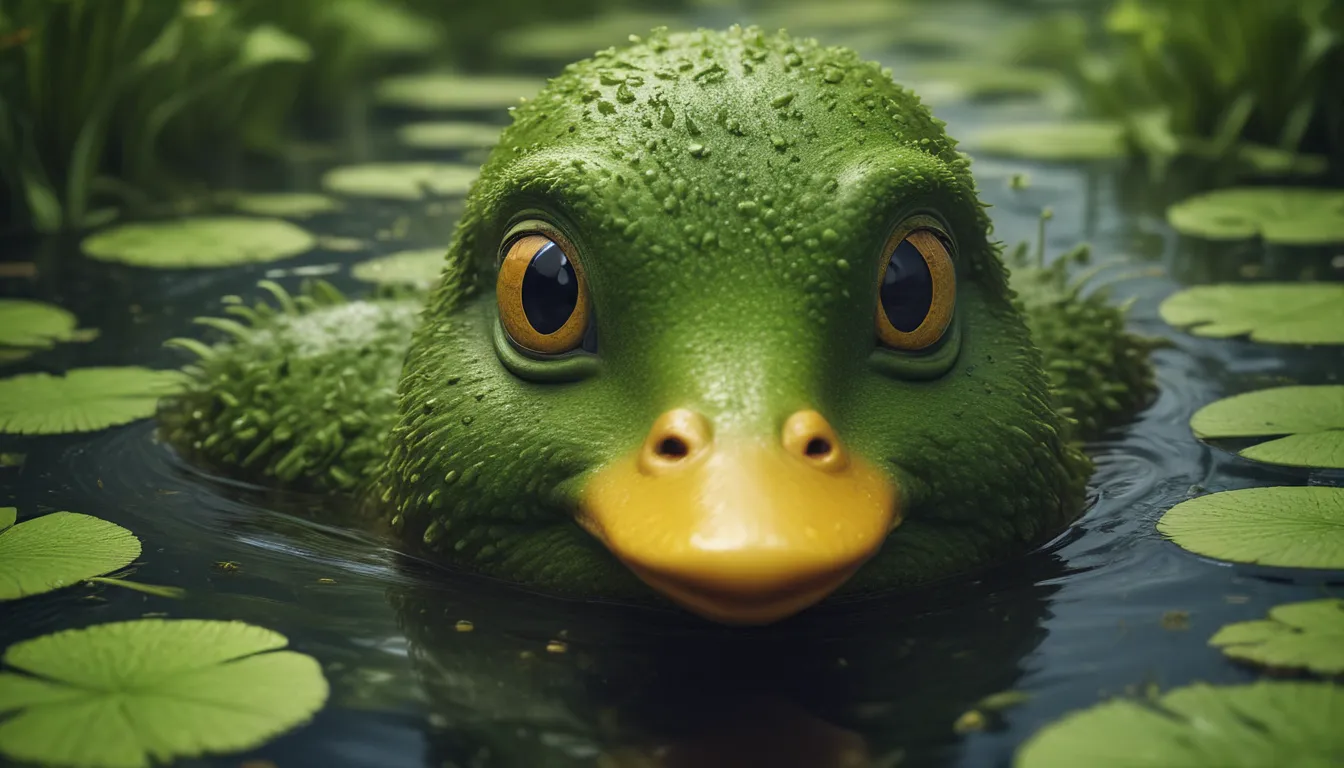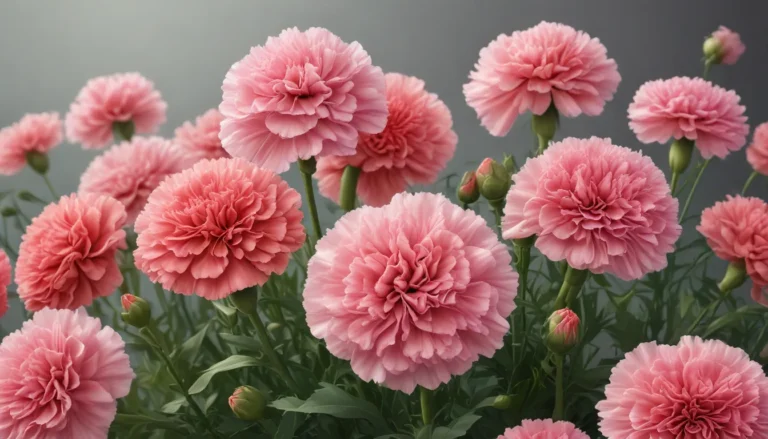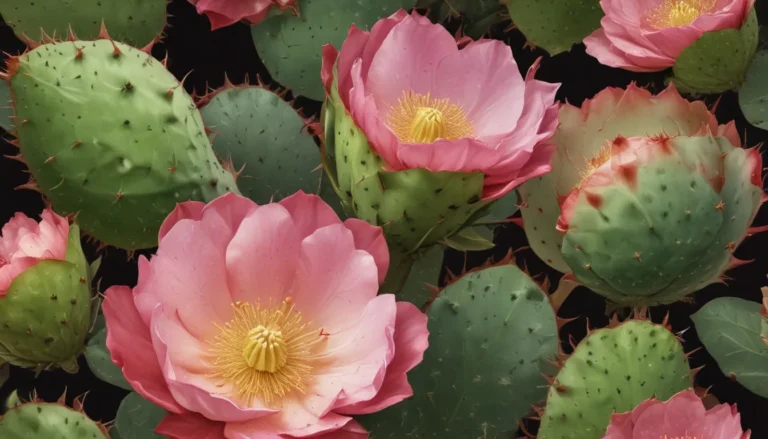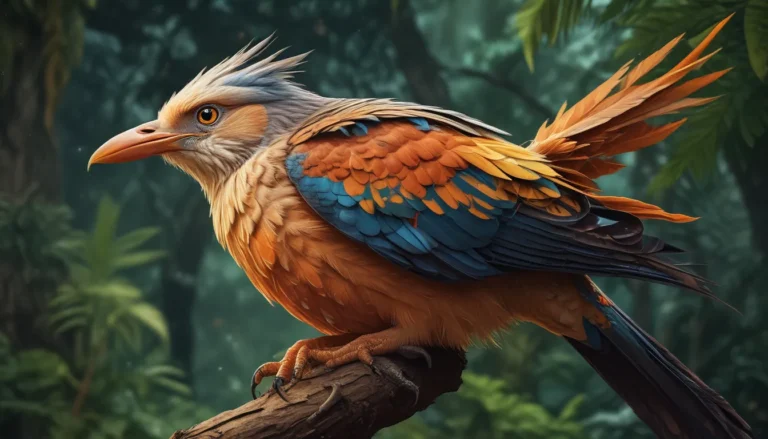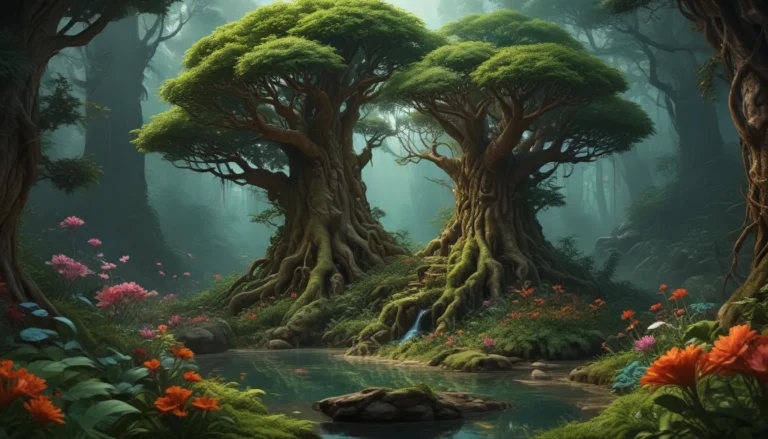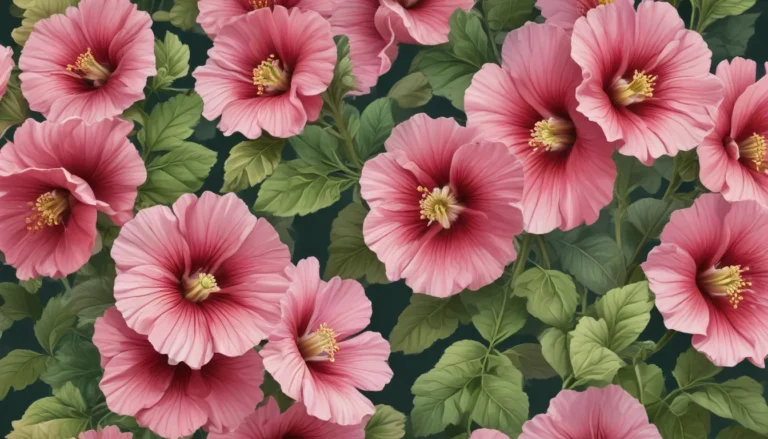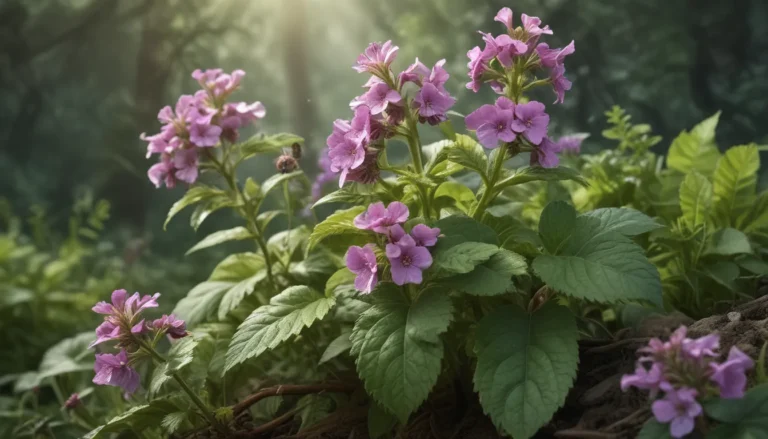The pictures we use in our articles might not show exactly what the words say. We choose these pictures to make you interested in reading more. The pictures work together with the words but don’t take their place. The words still tell you the important facts.
Embark on an exciting journey to uncover the secrets of duckweed, the world's smallest flowering plant. Duckweed, also known as Lemnaceae, is a tiny aquatic plant that floats on the surface of still or slow-moving water, making it a captivating subject for kids to explore. Let's delve into 18 intriguing facts about duckweed that will captivate young minds and spark their curiosity about the natural world.
Exploring the World of Duckweed
Duckweed, despite its small size, plays a vital role in aquatic ecosystems and has garnered significant scientific interest. It can be commonly found in ponds, lakes, and marshes, where its vibrant green leaves float on the water's surface. The rapid growth of duckweed provides a crucial food source for fish and waterfowl, contributing to the delicate balance of aquatic food chains.
The Marvels of Duckweed
-
Biodiversity: Despite its small size, duckweed showcases remarkable genetic diversity, captivating the interest of scientists studying plant genetics and evolution.
-
Historical Significance: Duckweed has been utilized in various cultural and literary contexts, symbolizing concepts such as abundance, resilience, and simplicity.
-
Bio-remediation: Due to its ability to absorb nutrients and contaminants from water, duckweed is utilized in bio-remediation projects to improve water quality, showcasing its eco-friendly approach.
The Versatility of Duckweed
-
Nutrient-Rich Composition: The nutrient-rich composition of duckweed makes it an ideal candidate for organic fertilizers, offering an environmentally friendly alternative to traditional chemical-based products.
-
Potential as Biofuel: Researchers are exploring duckweed as a potential source of biofuel due to its high starch content and rapid growth rate, aligning with sustainable practices in renewable energy.
-
Animal Feed: The high protein content and nutritional value of duckweed make it a valuable component in animal feed, presenting a sustainable and cost-effective feeding solution.
The Future of Duckweed
-
Space Exploration: Duckweed's adaptability and rapid growth have sparked interest in its potential role in space agriculture and closed-loop life support systems for long-duration space missions.
-
Sustainable Solutions: The characteristics of duckweed have inspired creative applications in sustainable agriculture, environmental conservation, and renewable energy, showcasing its multifaceted contributions to diverse fields.
Capturing the Essence of Duckweed
- Artistic Interpretation: The visual appeal and ecological significance of duckweed have inspired artists to capture its beauty through various forms of artistic expression, further highlighting its cultural and aesthetic value.
Embracing Duckweed’s Role in Ecosystems
- Ecosystem Dynamics: Duckweed plays a crucial role in ecosystem dynamics by influencing nutrient cycling, oxygen production, and habitat provision, contributing to the overall health and resilience of aquatic environments.
The Continuing Legacy of Duckweed
- Scientific Innovation: The ongoing research and exploration of duckweed's ecological, agricultural, and industrial potential underscore its enduring relevance in contemporary scientific endeavors.
By understanding these fascinating facts about duckweed, kids can develop a deeper appreciation for this remarkable plant and its significance in the natural world.
Conclusion: Embracing Duckweed’s Diversity
In conclusion, duckweed is a fascinating and versatile plant that plays a crucial role in the ecosystem. Its rapid growth and ability to thrive in various environments make it a valuable resource for both humans and wildlife. By exploring the wonders of duckweed, we can appreciate its importance in the intricate balance of nature.
FAQs
What do ducks eat?
Ducks are omnivorous birds and have a varied diet that includes aquatic plants, insects, small fish, and algae. They also consume grains and seeds found in their natural habitat or provided by humans.
Is duckweed harmful to ponds?
While duckweed can cover the surface of ponds and lakes, it is not inherently harmful. In fact, it can provide benefits such as nutrient removal and habitat for aquatic organisms. However, regular monitoring and management are essential to prevent overgrowth that can lead to oxygen depletion.
Your Input Matters!
At the core of our commitment to delivering trustworthy and engaging content is the contribution of real users like you. Each fact on our site undergoes meticulous review by dedicated editors to ensure accuracy and reliability. Explore, learn, and trust in our commitment to quality and authenticity as we continue to share fascinating insights and information.
Let's continue to marvel at the wonders of duckweed and embrace its diverse contributions to science, culture, and environmental stewardship.
